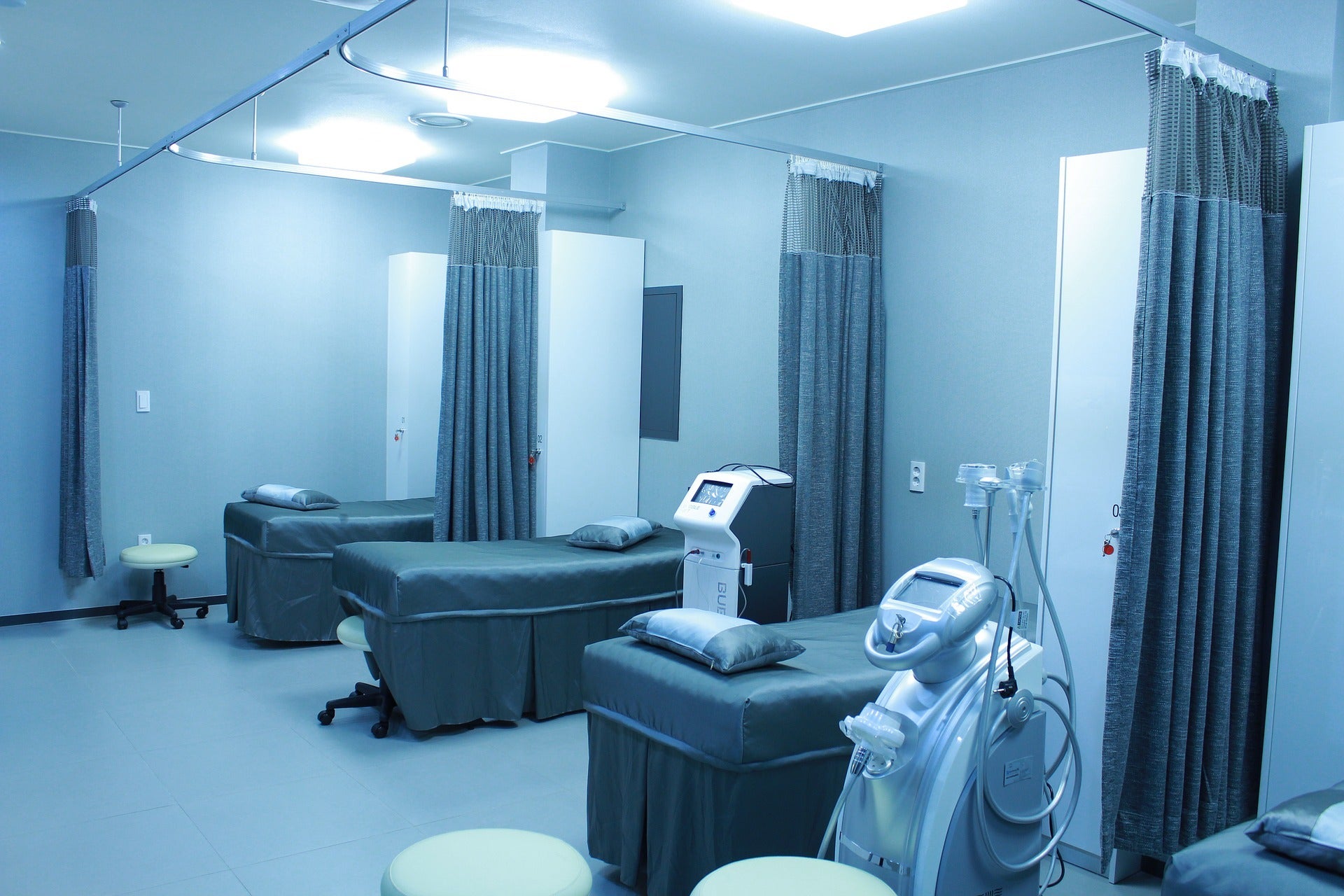
Medical technology firm LivaNova has recruited the first patient in an investigational device exemption (IDE) clinical study of its aura6000 system to treat adult patients with moderate to severe obstructive sleep apnea (OSA).
The randomised controlled trial (RCT), dubbed Treating Obstructive Sleep Apnea using Targeted Hypoglossal Neurostimulation (OSPREY), aims to evaluate the safety and effectiveness of the aura6000 system.
The first patient in the OSPREY study was implanted by Dr Mitchell Miller at BayCare’s Morton Plant Hospital in Clearwater, Florida.
LivaNova said that the study will be conducted on a maximum of 150 adult patients at about 20 locations across the US.
OSPREY principal investigator Dr Atul Malhotra said: “With this first patient and the launch of this randomised clinical trial, we are taking a major step toward finding new, effective treatments for the global population of OSA patients and adding to the clinical literature surrounding these therapies
“The clinical study will determine if the apnea-hypopnea index responder rate of subjects stimulated via the device is statistically significantly higher than the rate of subjects without stimulation.”
Malhotra added: “Throughout the study, independent statisticians will conduct interim data analyses to determine the predictive probability of success for OSPREY.
“With this being a randomised study rather than simply observational, we will get a clear sense that targeted hypoglossal neurostimulation therapy is the mechanism of improvement for the patients.”
LivaNova aura6000 system, which secured the CE mark in 2012, is an implantable hypoglossal neurostimulator designed to maintain muscle tone of the tongue and upper airway, minimising airway obstruction and resulting sleep apnea.
The system includes a programmable, rechargeable and implantable pulse generator (IPG), which is implanted in a subcutaneous pocket near the clavicle of the patient at the time of outpatient surgery.
The IPG will stimulate the patient’s tongue during sleep and keep the airway open.
LivaNova aura6000 system, which serves as an alternative to traditional continuous positive airway pressure (CPAP) machine, allows the patient to sleep without being connected to masks, hoses, facemasks or mouthpieces.
LivaNova CEO Damien McDonald said: “Approximately one billion people worldwide live with OSA, but most are undiagnosed and untreated, which can seriously impact their health, increasing the rates of death, stroke, hypertension, motor vehicle accidents, heart failure, diabetes, depression and daytime sleepiness.
“There is a great need to offer patients diagnosed with OSA new and less restrictive treatment options.
“The OSPREY study will be the first RCT to confirm the efficacy of hypoglossal nerve stimulation and now, with the first OSPREY patient implanted, we are another step closer to successfully bringing the innovative aura6000 System to market.”
In June last year, LivaNova obtained FDA investigational device exemption (IDE) approval for clinical study of the aura6000 system.






